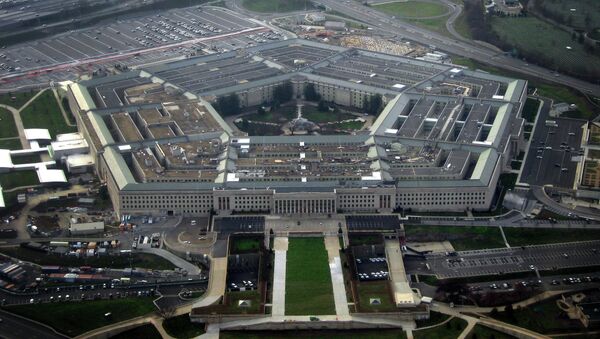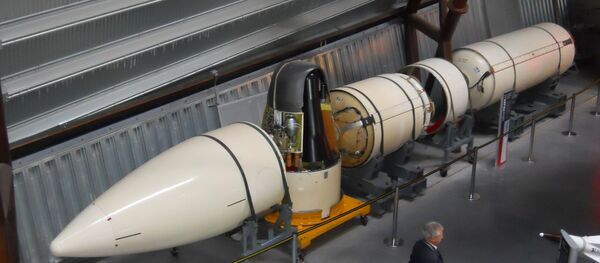WASHINGTON, December 23 (Sputnik) – Efforts by the United States to modernize its nuclear arsenal are happening without proper political oversight and appreciation of the possible consequences of such an overhaul, former Pentagon advisor Ted Postol told the Sputnik news agency on Tuesday.
"This activity is pretty much going on without the proper oversight of US political leadership," Postol said of the nuclear modernization program he claims is aimed at increasing US nuclear firepower. "My personal judgment [is] based on no specific knowledge but on extensive experience with programs in the US government."
There is no doubt that the US nuclear modernization program is aimed at increasing US nuclear war fighting capabilities, according to Postol.
"The US nuclear force modernization program is continuing to make every technical change that would increase the ability of US forces to preemptively destroy those Russian forces which are potentially vulnerable to a preemptive nuclear attack," Postol told Sputnik, referring to the vulnerability of silo-based intercontinental ballistic missiles (ICBMs).
Over the coming 30 years, the United States will be undertaking the modernization of its nuclear triad, at an estimated cost of nearly $1 trillion, according to the Center on Nuclear Security. Improvements in US nuclear weapons are motivated by "an underlying belief that this fire power could be used to benefit at some unforeseen time in the future," Postol argued.
Beyond issues of oversight, Postol raised significant concerns about the knowledge and morale of officers responsible for managing and potentially deploying US nuclear weapons.
During his time in the Pentagon in the 1980s, Postol was deeply involved in nuclear war-planning. "I observed that almost all people involved had a very minimal understanding of the systems they were working with. This experience from my time in the Pentagon has weighed on me to this day," he said.
Funding for continuing nuclear modernization was provided under the 2015 National Defense Authorization Act (NDAA), where Congress authorized $8.7 billion for upgrades. Funds were also provided to address the ongoing morale and training problems among military officers in charge of US nuclear weapons.
The NDAA, passed at the beginning of December, further provides funding for a next-generation nuclear submarine to replace the Ohio class currently used by the US Navy. The American government has also pledged more funds for US-made nuclear delivery systems, including heavy bombers, land-based ICBMs, sub launched ballistic missiles, and maintains committed to deterrence.


